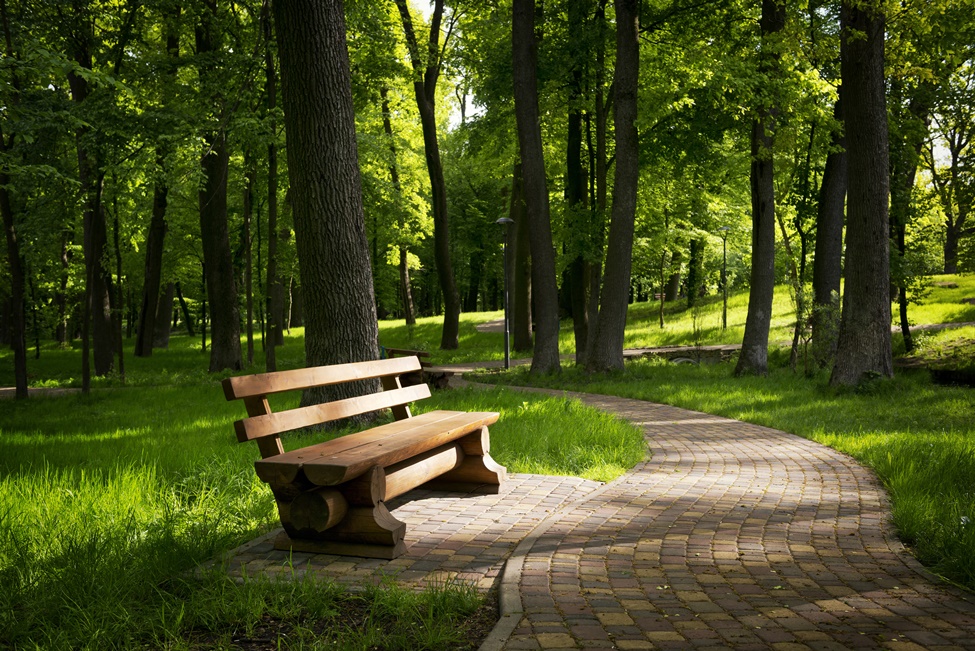Cities may not look like natural ecosystems, but they are prime examples of networks where everything is interdependent. That makes ecology a great method for studying those interactions and their consequences.
The fact that environmental and social policies are so intertwined in cities has created some unexpected feedback loops, just like ecologists expect to see in a natural environment. “The African American community has been disproportionately burdened by how the city has developed,” said Sarah Dooling, an urban ecologist at the University of Texas and an Austin resident herself.
So for example, due to underinvestment in green spaces on the east side of the city, only 30 percent of bus stations are shaded, either by trees or a roof. That’s an ecological choice that disproportionately affects people who use public transit.
Urban ecology can help bring those feedback loops to light, but the field alone doesn’t offer any fixes. Holistic and effective solutions require tremendous political will and nuanced social policies.
But urban ecology does reveal where the cruxes of many of of a city’s problems actually lie. Ecology is great for understanding complex, interdependent networks—both ones found in nature and ones we’ve built ourselves.
Photo credit: Dollar Photo Club

